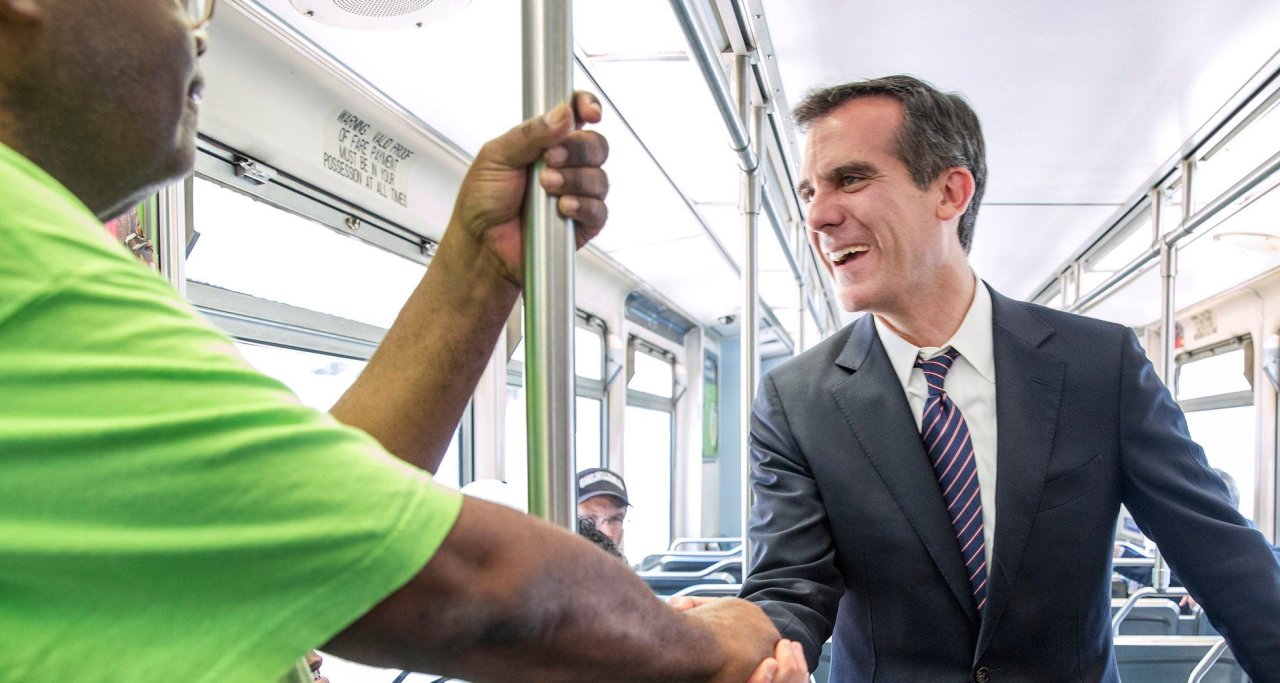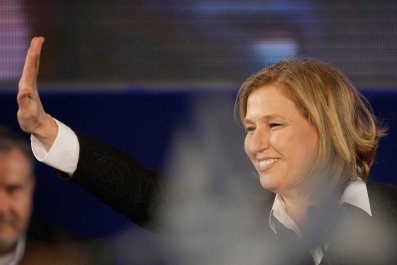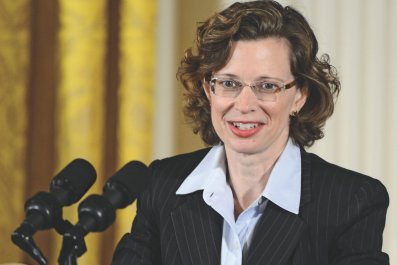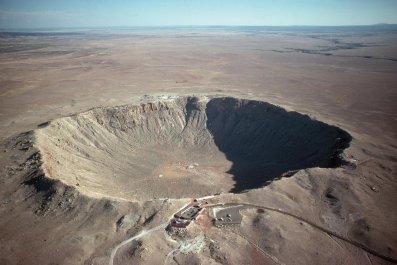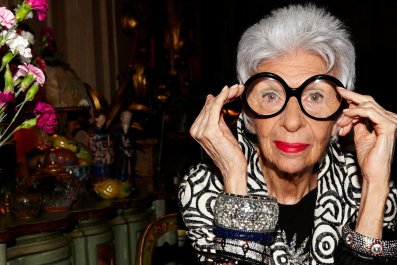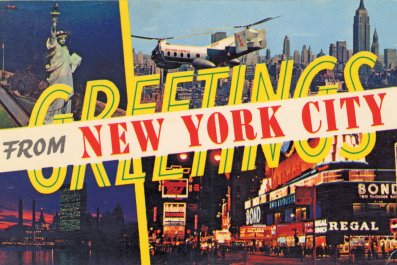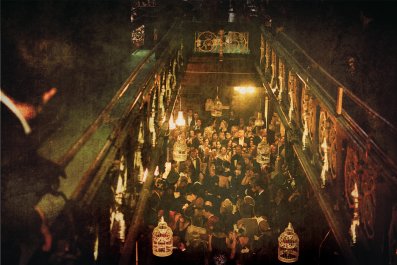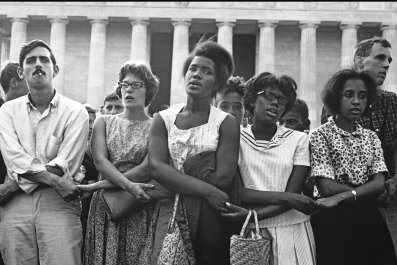Eric Garcetti is good at the symbolism thing.
Garcetti, who took office as mayor of Los Angeles on July 1, is half Jewish and half Mexican-American with an Italian last name and perfectly accented Spanish—a tidier embodiment of his melting-pot metropolis than any political consultant could ever conjure up. As City Council president, he represented and resided in Silver Lake and Echo Park, which are like the Brooklyn of L.A.: young(ish), wealthy(ish), hip(ish). And so Garcetti was young, wealthy, and hip, too: a break-dancing, jazz piano–playing, eco-conscious Rhodes scholar whose immaculate midcentury modern home was once featured in Dwell magazine and who waited to wed his longtime girlfriend (also a Rhodes scholar) until California legalized gay marriage. The guy so closely resembles Hollywood's image of a mayor—thick, dark hair, crisp, rectangular features—that he once played the part on TV (TNT's The Closer).
Keenly aware of his strengths, Garcetti has spent the first two months of his mayoralty focused on rebranding the office with a series of attention-grabbing gestures: A pothole-filling blitz. A one-stop mayoral helpline. A sustainability czar. A requirement that all department heads reapply for their jobs. A #sharknado tweet. All well received by the public and the press. The symbolism thing, in other words, is working for him. But now, 50 days in, the question is whether Garcetti is any good at the governing thing as well.
He'll soon have a shot at proving himself. With states and cities struggling to balance their budgets during the economic slump of the past several years, chief executives on both sides of the aisle, including New Jersey Gov. Chris Christie and New York Gov. Andrew Cuomo, have begun to clash with public-sector unions over unsustainably generous pension and benefits packages. L.A.'s new mayor is next in line. By 2018 the cost of public-sector pensions in Los Angeles is expected to jump 45 percent. Meanwhile, the gap between employee contributions and the amount of money owed to retirees is projected to hit $6 billion, an increase of nearly 50 percent.
Garcetti entered the 2013 race as a straightforward liberal with longstanding ties to labor—not as an anti-union crusader. "There's no way that any of Garcetti's precampaign documents focused on battling labor," says Dan Schnur, a former spokesman for John McCain who now directs the Jesse M. Unruh Institute of Politics at the University of Southern California. But when the mighty Department of Water and Power union threw its weight—and money—behind Garcetti's runoff rival Wendy Greuel, Garcetti pivoted, positioning himself as an opponent of the status quo and pounding Greuel as "DWP's mayor" in a barrage of television ads. By promising to confront the bloated, unresponsive DWP, Garcetti won over moderates and conservatives and edged out Greuel on Election Day.
Now he has to make good on his promise. "The DWP was the defining issue in the campaign," says Schnur, "and it could very well end up being the defining issue of Garcetti's first year in office, if not his term." On July 25, the DWP union unveiled its contract proposal. Most officials praised the document as a real compromise; only Garcetti rejected it out of hand. "The voters of Los Angeles have been clear," he said. "They want fundamental DWP reform and so do I." A few weeks later, the city controller released a report showing the DWP employees received an average of 17 percent ($77.3 million) above their base salaries in extra pay, compared with 9 percent for police officers and firefighters; Garcetti was quick to tout the figure as "yet another reason why DWP must be reformed." He soon replaced four DWP board members and launched an online petition to "Fix DWP!"
Garcetti is smart to go straight to the public: polls show that voter concern about union influence at City Hall increased dramatically over the course of the 2013 campaign. But victory is hardly assured. For some chief executives, confronting the public-sector unions has proven to be a successful strategy: Governor Christie, who reformed public-employee pensions and benefits in 2011 and 2012, is one of the most popular politicians in the country, and his Democratic neighbor and fellow reformer, Governor Cuomo, isn't far behind. But others, such as Wisconsin Gov. Scott Walker, Ohio Gov. John Kasich, and Garcetti's predecessor Antonio Villaraigosa, who spent his first year fighting with (and losing to) the Los Angeles teachers' unions, have been wounded in battle. If Garcetti wants to be the new Cuomo, clever petitions and snappy statements won't be enough. Now he has to get something done.



